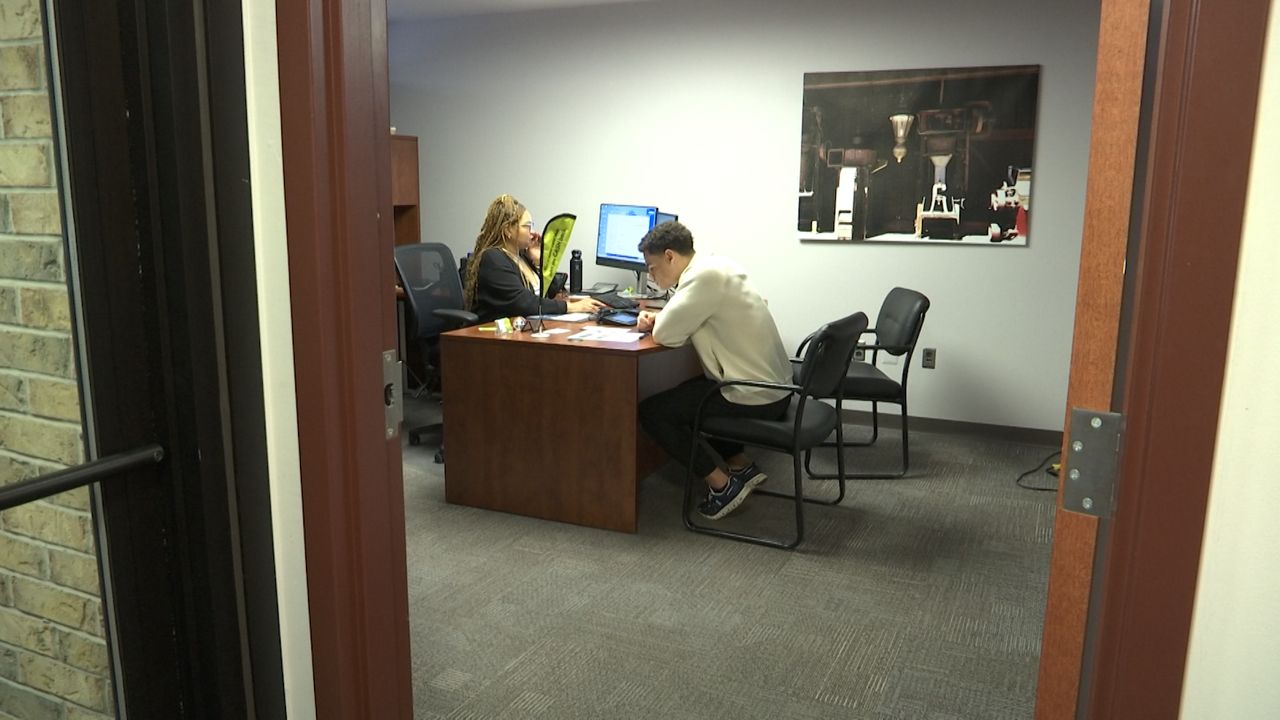Diversified fintech Chime Financial (CHYM +12.88%) was playing a satisfying tune to investors on Thursday. The company’s stock flew almost 14% higher that trading session, thanks mostly to a fourth quarter that featured notably higher-than-expected revenue guidance.
Sweet music
Chime published its fourth-quarter and full-year 2025 results just after market close on Wednesday. For the former period, the company’s revenue was $596 million, bettering the same quarter of 2024 by 25%. The company’s strongest revenue stream, payments, rose 17% to $396 million. Its take from platform-related activity rose more precipitously, advancing 47% to $200 million.
Image source: Getty Images.
Meanwhile, Chime’s net loss under generally accepted accounting principles (GAAP) more than doubled. It was $45 million, or $0.12 per share, compared with a fourth-quarter 2024 deficit of $19.6 million.
On average, analysts tracking the stock were modeling revenue below $578 million and a deeper bottom-line loss of $0.20 per share.
In its earnings release, Chime pointed to the take-up of its Chime Card as a particular catalyst for growth. Regarding the product, the company said, “Among new member cohorts, over half are adopting Chime Card, and those members are putting over 70% of their Chime spend on the product, which earns materially higher take rates compared to debit.”
Today’s Change
(12.88%) $2.72
Current Price
$23.83 Market Cap
$7.9B
Day’s Range
$22.30 – $24.63
52wk Range $16.17 – $44.94
Volume
562K
Avg Vol
3.3M Gross Margin
86.34%
Key Data Points
Double-digit growth expected
Chime management proffered revenue and non-GAAP (adjusted) earnings before interest, taxes, depreciation, and amortization (EBITDA) guidance for full-year 2026. The company expects to post a top line of $627 million to $637 million, which would represent at least 21% growth over the 2024 result. Adjusted EBITDA should be $380 million to $400 million. No net income forecasts were provided in the earnings release.
It isn’t easy to find a niche in the financial industry, which is crowded with companies offering every imaginable type of service to clients. Yet Chime seems to be achieving that, as the Chime Card is clearly a hit among the company’s target demographic of clientele underserved by mainstream banks. This growth stock is definitely worth considering as a buy.



































